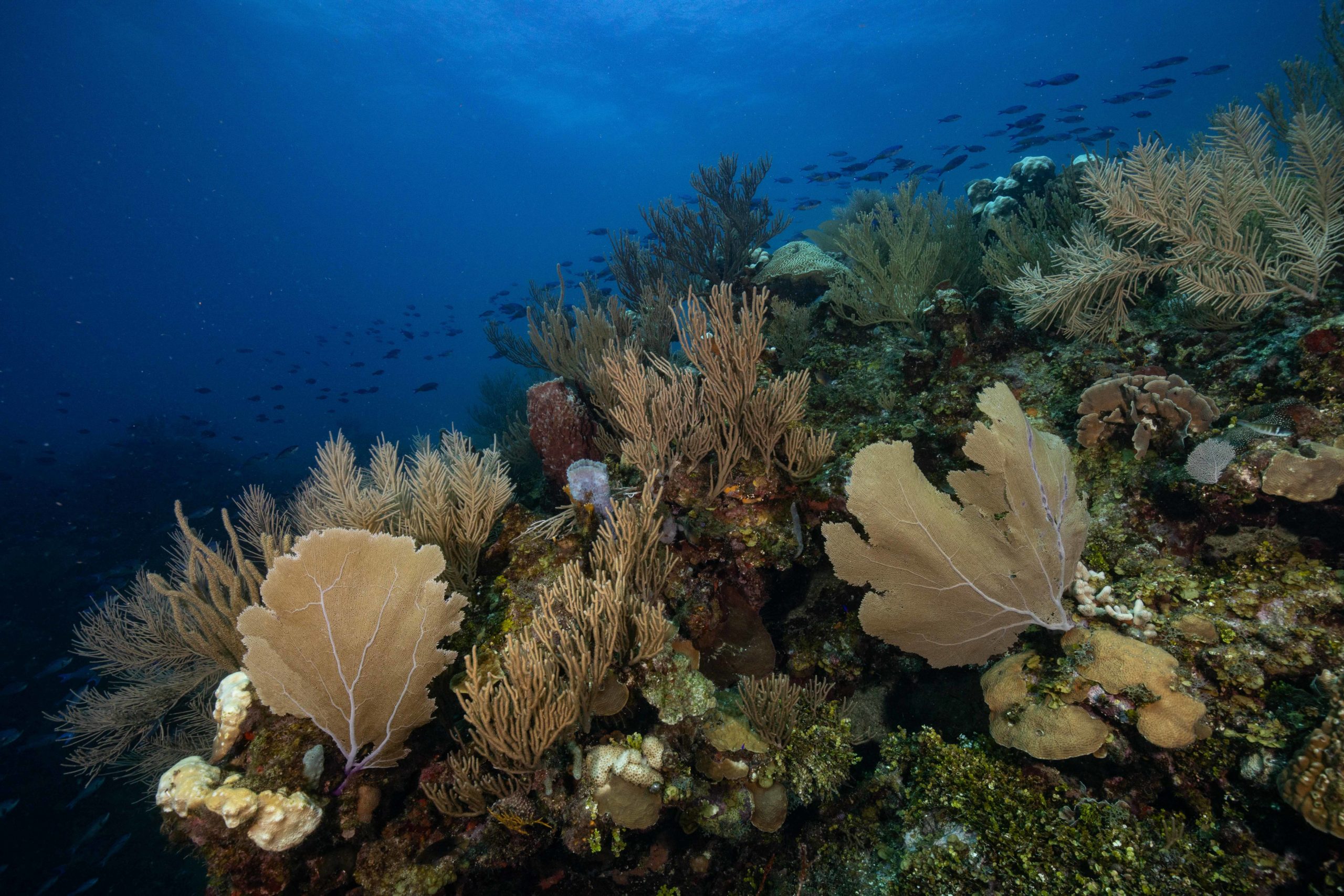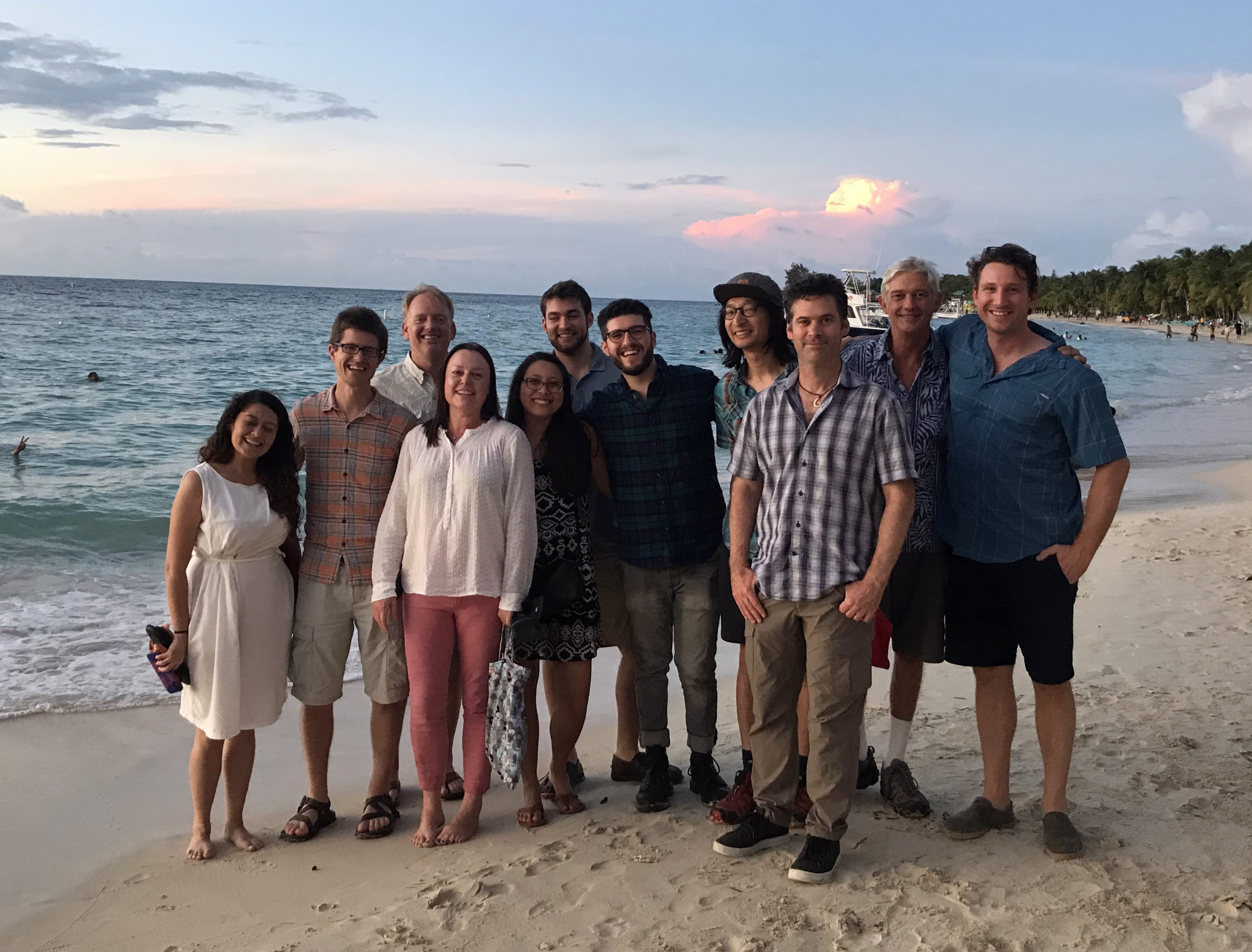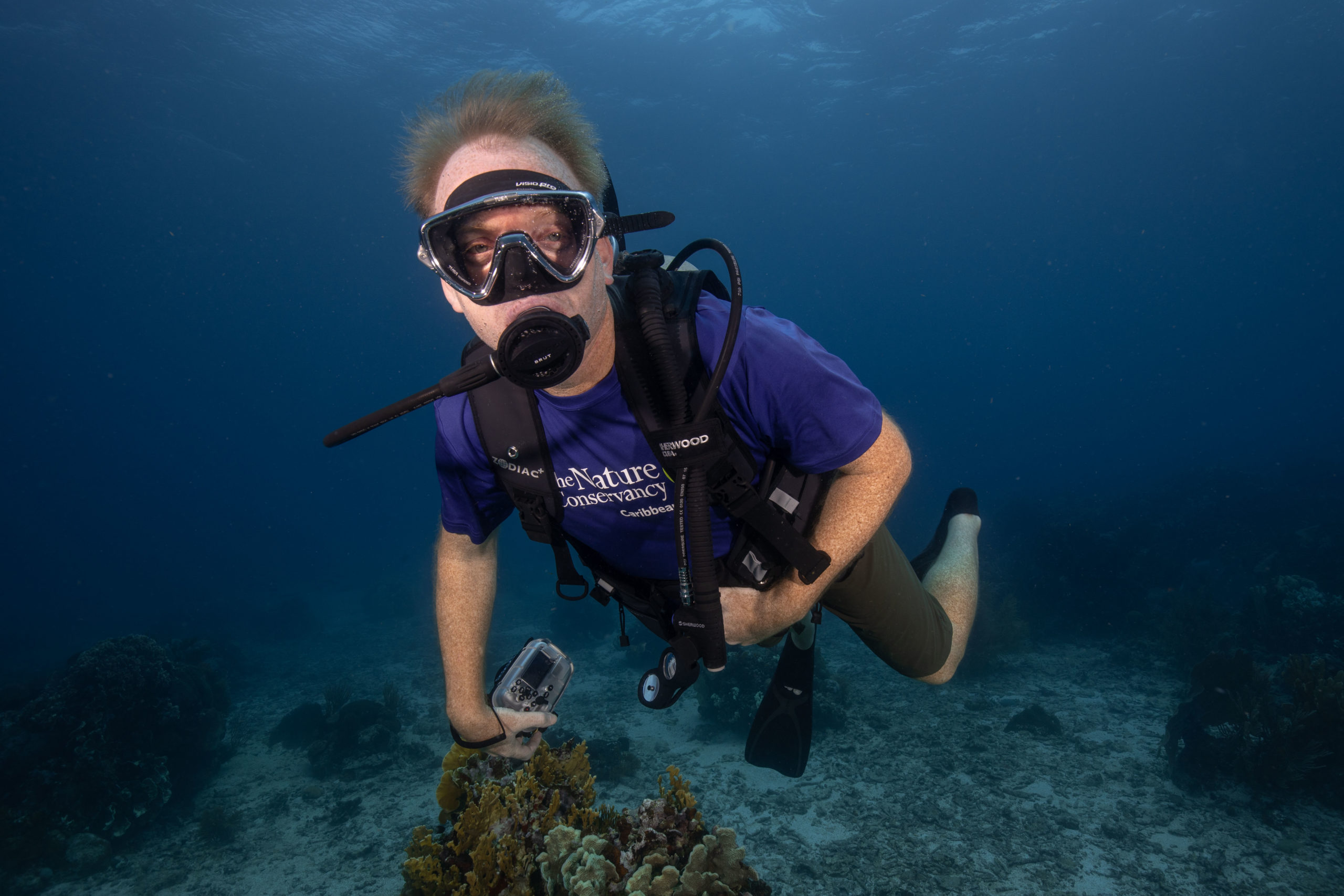By Dr. Madhavi Colton
At CORAL, our mission is Saving the World’s Coral Reefs. That means finding a solution to the biggest threat facing corals today- climate change.
Troubled by warming ocean temperatures and mass coral bleaching events, we launched the Modeling Adaptation Potential (MAP) Project in 2016 to ask a critical question: Can coral reefs adapt to and survive the warming temperatures of climate change?

To answer this question, CORAL assembled some of the top experts in coral reef ecology, evolutionary biology and conservation science to figure out if corals can adapt to life on a warming planet and what we can do to help. Scientists from Rutgers University, the University of Washington, the University of Queensland and Stanford came together under CORAL’s leadership to analyze how different conservation solutions perform through time using a suite of mathematical models. The group used models to predict how corals cope with different management strategies and scenarios, as it allowed them to quickly analyze the results instead of waiting for results from live samples.

The initial results of the MAP Project were published in the scientific journal Nature Climate Change in July 2019, and provide hope for coral reefs by showing that, with the right approaches to conservation, we can help corals evolve to endure rising temperatures. The group found that conservation actions like reducing water pollution and overfishing can help coral health so that they’re better able to take the heat. Many of these solutions can be implemented immediately– and with the effects of climate change only increasing, we have little time to waste.
Today we’re acting swiftly by leading the MAP Project team to create actionable conservation guidelines that will be used around the world. CORAL is already using these guidelines to create Adaptive Reefscapes, and we recently hosted the MAP Science Advisory Group meeting in Roatán, Honduras to synthesize research into regional coral reef management plans for the Caribbean, Pacific, and Coral Triangle. CORAL is also partnering with The Nature Conservancy’s (TNC) Caribbean Program to determine where and how to implement their coral restoration efforts to achieve their goal of restoring one million corals across the Caribbean.

By partnering with scientists, conservation organizations, and local reef managers, we’re promoting adaptation as a solution for coral reefs and turning science into action to save coral reefs for generations to come.